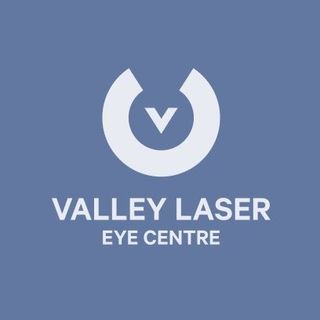Investing in your eye’s health is a crucial advantage, especially since more people have prolonged exposure to using digital devices. Anything from passport applications to food purchases happens through a tap of a screen, which is why most people are at risk of deteriorating eyesight.
LASIK eye surgery is a safe and permanent solution for people who need a clearer vision without using glasses or contacts. Like any surgery, you’ll need to go through a less-than-comfortable recovery period before you can experience improvements.
Recovering after LASIK eye surgeries
Deciding to have LASIK eye surgery isn’t unlike other invasive procedures. Your body will need time to recover from its wounds before you can use them again, whether it’s for your legs or your eyes. Generally, your immediate recovery will happen within 12 hours. However, it’s best not to strain your eyes for at least 1-2 weeks at most. It’s not uncommon for patients to experience different sensations and perform extra precautions to protect their eyes.
While you’re still in recovery, here are three things you should anticipate:
1. Experiencing general discomfort post-surgery
Since LASIK eye surgery is an invasive operation to your cornea, it’s natural to feel some light burning and general light sensitivity. This will be most prominent within the first 4 hours of post-surgery recovery. While you’re at this stage of your recovery, it’s best to take a long nap so that you won’t have to experience the general discomfort. It’s best to have someone accompany you from the eye clinic back home so that you can prioritize on resting your eyes.
2. Noticing general redness on your eyes
Like any sealed wound, your cornea will experience some prolonged signs of irritation while you’re recovering. It can manifest as dark red spots on your eyes for several days. Since it’s a temporary condition, it will disappear on its own.
Using your prescription eye drops will reduce your eyes’ redness and prevent inflammation and infection. Apply these drops regularly according to your doctor’s orders to help your cornea heal faster. You’ll need to do this for several weeks, but you’ll eventually use it less.
3. Protecting your eyes
Before you can have better vision after LASIK eye surgery, you’ll need to protect your eyes while it’s still healing. There are several things you should avoid, like dust, smoke, soap, and water. It’s also best to avoid activities like garden work, washing dishes, or playing sports.
Besides these activities, you should avoid using your eyes as much as you can. This means you shouldn’t use your computer or read books for prolonged periods. Remember to apply your lubricating eye drops when necessary. If you have to go outside, it’s best to wear sunglasses to reduce your eyes’ exposure to sunlight and dust. Similarly, it’s best to wear plastic shields over your eyes while you sleep so you won’t instinctively rub them while you’re asleep.
Conclusion
After any surgery, go to your doctor for follow-up appointments to verify that your eyes are healing correctly. Your optometrist will guide you through the process of the things you can and can’t do while your body is getting used to your new eyesight. Make sure to consult with a reliable eye professional to help you deal with any problems or questions you may have with your post-surgery recovery.
Valley Laser Centre is the best laser eye clinic in Abbotsford, BC. Our trained professional optometrists use state-of-the-art technology to perform vision correction treatments for our clients. Book a consultation with our eye experts today!
Disclaimer: This blog post does not replace medical advice and should not be implemented before consulting a fully certified medical professional.





